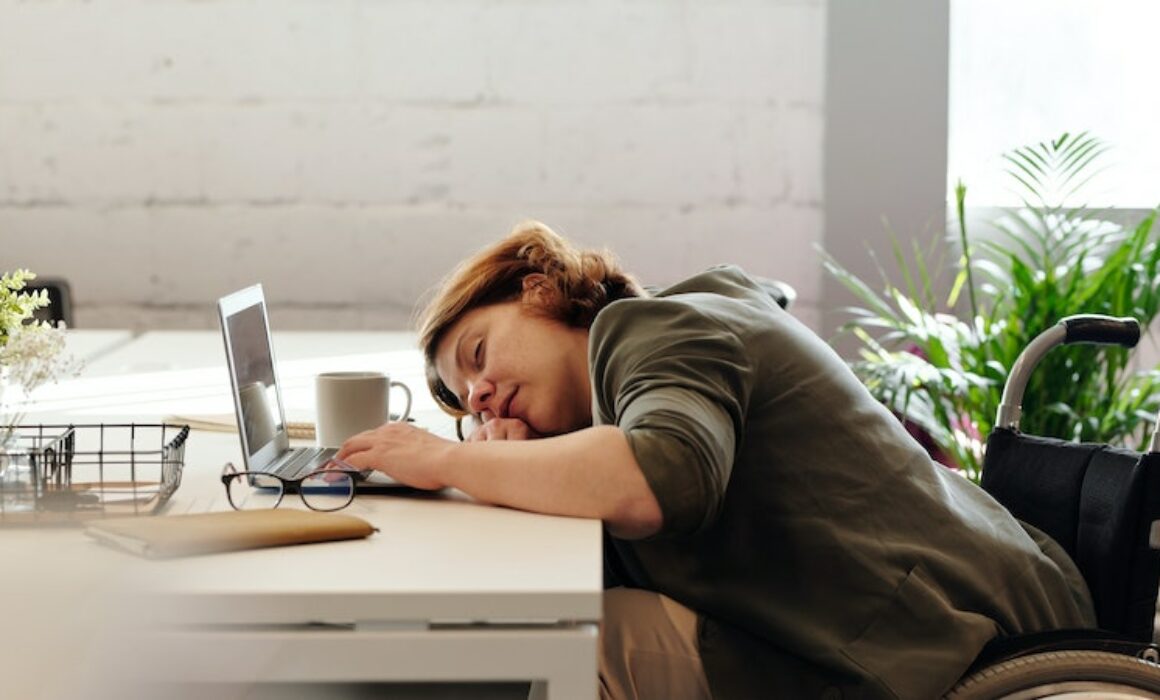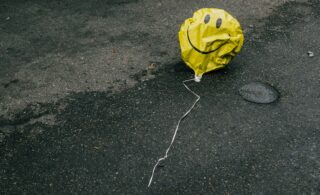
Going through cancer treatment is exhausting. Often described as an overwhelming tiredness that doesn’t go away with rest, cancer fatigue can significantly impact your daily life and overall well-being. Fatigue is particularly prevalent among cancer patients. A high proportion of patients experience fatigue during treatment. Even after treatment ends, fatigue can linger. The reasons behind cancer fatigue are complex and involve a combination of factors, including the cancer itself, treatment, and the body’s response to these treatments. Navigating cancer fatigue can be challenging, but with effective management strategies and the support of healthcare providers and loved ones, patients can regain their energy and live fulfilling lives.
This article – the tenth of Dr Jane Clark’s series on navigating life after cancer – provides some practical advice for managing your fatigue and finding some energy again. Read on for Dr Clark’s insight and advice.
How to deal with fatigue from breast cancer treatment
This article is adapted by Dr Jane Clark from an article originally written by Jane and Dr Peter Harvey. See our introduction for a background on this series of articles.
Of all the many consequences of cancer treatment, fatigue may be one of the most common and the most difficult to deal with. It is hidden from the view of others and is often difficult to describe.
Cancer fatigue: it takes more than a few early nights to get over
Those people who have not experienced it may simply think of it as a sort of over-tiredness which will be solved by a few good nights’ sleep. But as you know it’s not like that.
Cancer-related fatigue is not like anything you have experienced before.
“It’s like hitting a brick wall. And it’s not just a physical tiredness. I found that the mental and emotional fatigue hit me harder than my body just feeling tired. It knocked me for six and I had to strip life back to the essentials to get through each day, just as everyone’s expecting you to be full of positivity because you’ve finished treatment.“
Even the simplest of tasks feels as if you are wading through treacle. Because it doesn’t show on the outside, both you and those around may feel that it’s something that you should be able to get over simply by trying that bit harder.
The trouble with that is you are trying as hard as you can, and you don’t have the energy to put in any more effort. If you had a seriously broken leg and were hobbling around on crutches, not only would others see your predicament, but you would as well and wouldn’t expect yourself to have the mobility of someone without a hulking great plaster cast on your leg.
With fatigue you have the equivalent of a plaster cast around the whole of your body which hinders you from doing as much as you want.
What research there is into fatigue suggests that up to 90% of patients report some degree of it during their treatment – particularly chemotherapy.
Post-cancer fatigue affects a lot of us
After the treatment has finished, it is suggested that about a third of people report some degree of continuing fatigue. A long-term study of women treated for breast cancer suggested that around 20% had problems with fatigue up to ten years after treatment was completed.
How to deal with post-cancer fatigue
So how do you deal with it? Perhaps the first and most important thing is to acknowledge that this is real, that you are not slacking or not trying hard enough and to stop telling yourself off.
Secondly, it is a helpful general rule to break tasks into easily manageable pieces – ‘bite-size chunks’. Use a walk to the local shops as an example. Before your treatment you may have been able to do this without a problem. Now it’s an uphill struggle and you either can’t face it or you come back exhausted.
Start with small steps. Literally.
Don’t even attempt to do the whole journey yet. Work out how far you can walk without over-tiring yourself – say it’s 100 metres. Then set yourself the target of walking 50 metres (which, of course makes 100 metres there and back).
You may do this easily and feel that you could have done more. Great! It’s always better to feel that you could have done more than come back feeling that you have done too much. You can always walk further tomorrow.
Each time you try it and feel OK then walk a bit further the next time until you get to the shops and back without exhausting yourself.
How would an athlete recover after an injury?
It might be helpful to think about this using a sporting example. If you were a top-class athlete who had injured themselves, you would not expect (nor would be allowed) to get back to top form straight away. You would be put on a gradual programme of exercise and jogging before even thinking about sprinting.
It very much the same with getting back to doing things after cancer treatment. You cannot expect to get back to doing ordinary things straight away – you have to allow yourself to build up your strength bit-by-bit, literally one step at a time.
There is some evidence to suggest that mild graded exercise can help with exercise capacity and muscle capacity, although the benefits are less clear-cut in the case of fatigue.
There is also evidence that cognitive behaviour therapy can be of help. Before taking any of this on, however, it is important to get appropriate advice from your care team.
What’s the difference between fatigue and depression?
This is a difficult question to answer. One of the features of severely depressed mood is lack of energy – a feeling rather like that experienced by people with fatigue.
However, an important difference is that with depression there is often an additional lack of motivation – rarely present with post-treatment fatigue. You may want to do something but simply feel that you haven’t the energy to do it. One of the effects of fatigue is a sense of frustration and annoyance with yourself which can, in turn, lead to a feeling being heartily fed-up and down. And because you are fatigued, you cannot do the things you did before which gave you a boost – going out shopping, meeting friends, hobbies and such like.
This lack of opportunity to enjoy yourself as you used to, can also lead to feelings of despondency and lowered mood. So, it can be a bit circular, with each aspect – fatigue and low mood – amplifying the other. That’s one reason for not telling yourself off unduly for not trying hard enough or expecting yourself to be living at the same pace that you did before the treatment started.
Take everything slowly
Taking on a gradual programme of activities, a bit at a time, step-by-step, can increase your sense of doing something and getting somewhere. Dealing with the seeming slowness of your progress is an important aspect of regaining your sense of mastery and control.
Dr Jane Clark, Consultant Clinical Psychologist
FURTHER INFORMATION
The next article in this series of articles provides insight and advice on dealing with chemobrain after treatment and you can read it here 11: Life After Breast Cancer: Dealing with ‘chemobrain’ and the mental fog of cancer treatment.
If you’re looking for more support, Future Dreams hold a range of support groups, classes, workshops and events to help you and your carers during your breast cancer diagnosis. These are held both online and in person at the London-based Future Dreams House. To see what’s on offer and to book your place, see here.
To return to the homepage of our Information Hub, click here where you can access more helpful information, practical advice, personal stories and more.
This page was reviewed in April 2024 by the Future Dreams team.
The information and content provided in all guest articles is intended for information and educational purposes only and is not intended to substitute for professional medical advice. It is important that all personalised care decisions should be made by your medical team. Please contact your medical team for advice on anything covered in this article and/or in relation to your personal situation. Please note that unless otherwise stated, Future Dreams has no affiliation to the guest author of this article and he/she/they have not been paid to write this article. There may be alternative options/products/information available which we encourage you to research when making decisions about treatment and support. The content of this article was created by Dr Jane Clark, Consultant Clinical Psychologist and we accept no responsibility for the accuracy or otherwise of the contents of this article.
©️ 2023 Jane Clark and Peter Harvey. With quotes from the creators of the Ticking off Breast Cancer website (now Future Dreams Information Hub). All rights reserved.
Share

Support awareness research
Donate to those touched by BREAST cancer
Sylvie and Danielle began Future Dreams with just £100 in 2008. They believed nobody should face breast cancer alone. Their legacy lives on in Future Dreams House. We couldn’t continue to fund support services for those touched by breast cancer, raise awareness of breast cancer and promote early diagnosis and advance research into secondary breast cancer without your help. Please consider partnering with us or making a donation.



